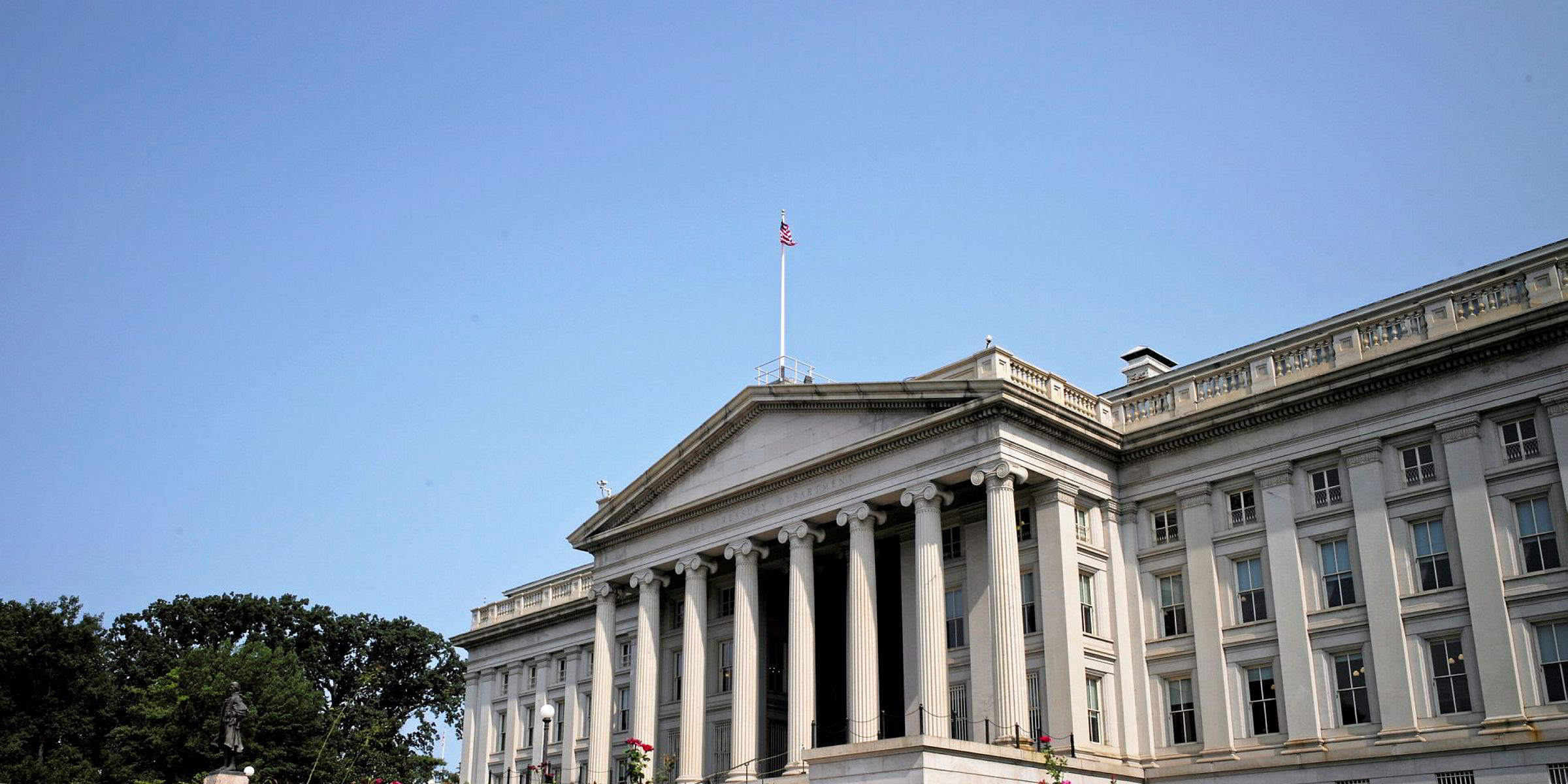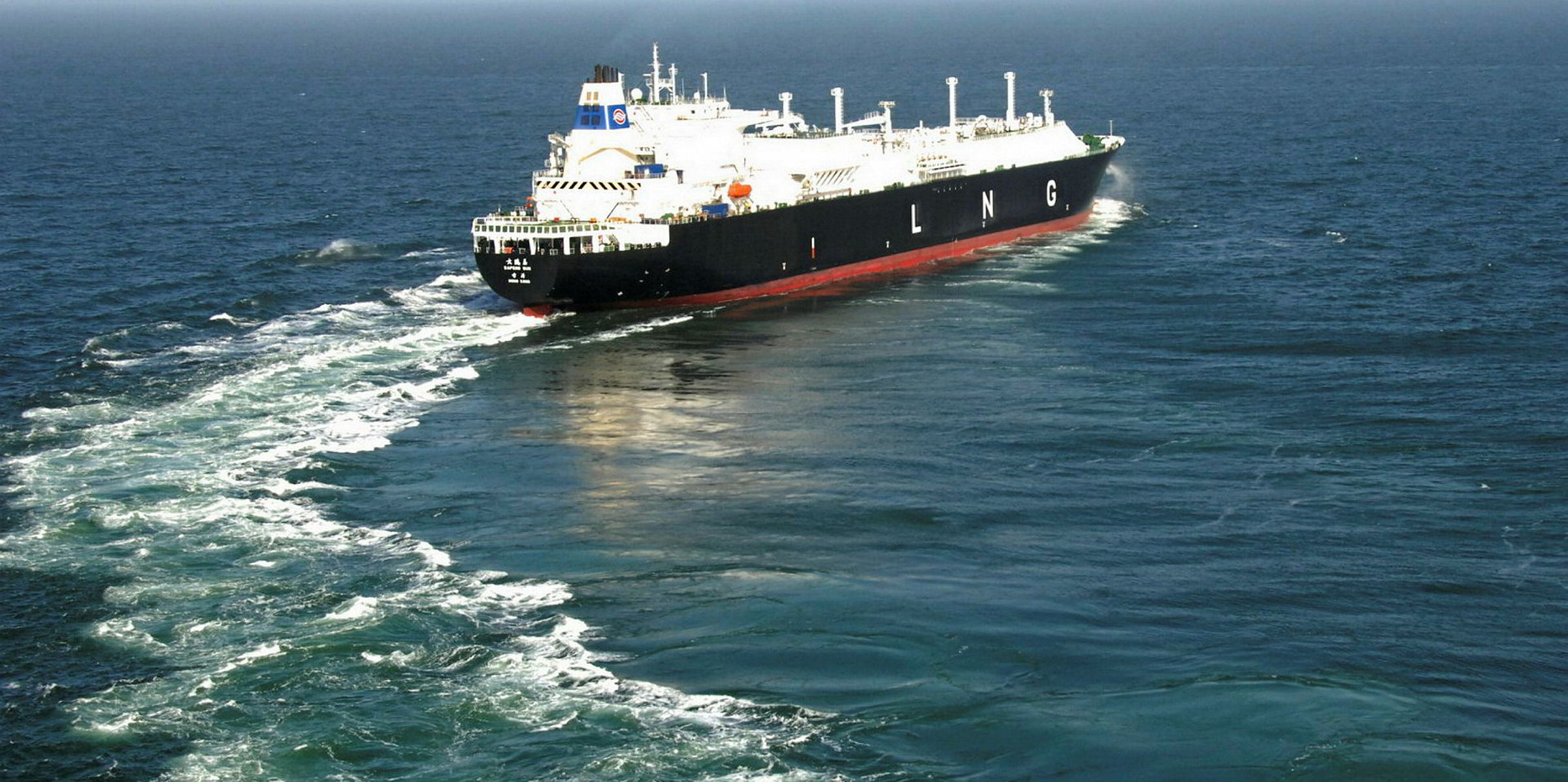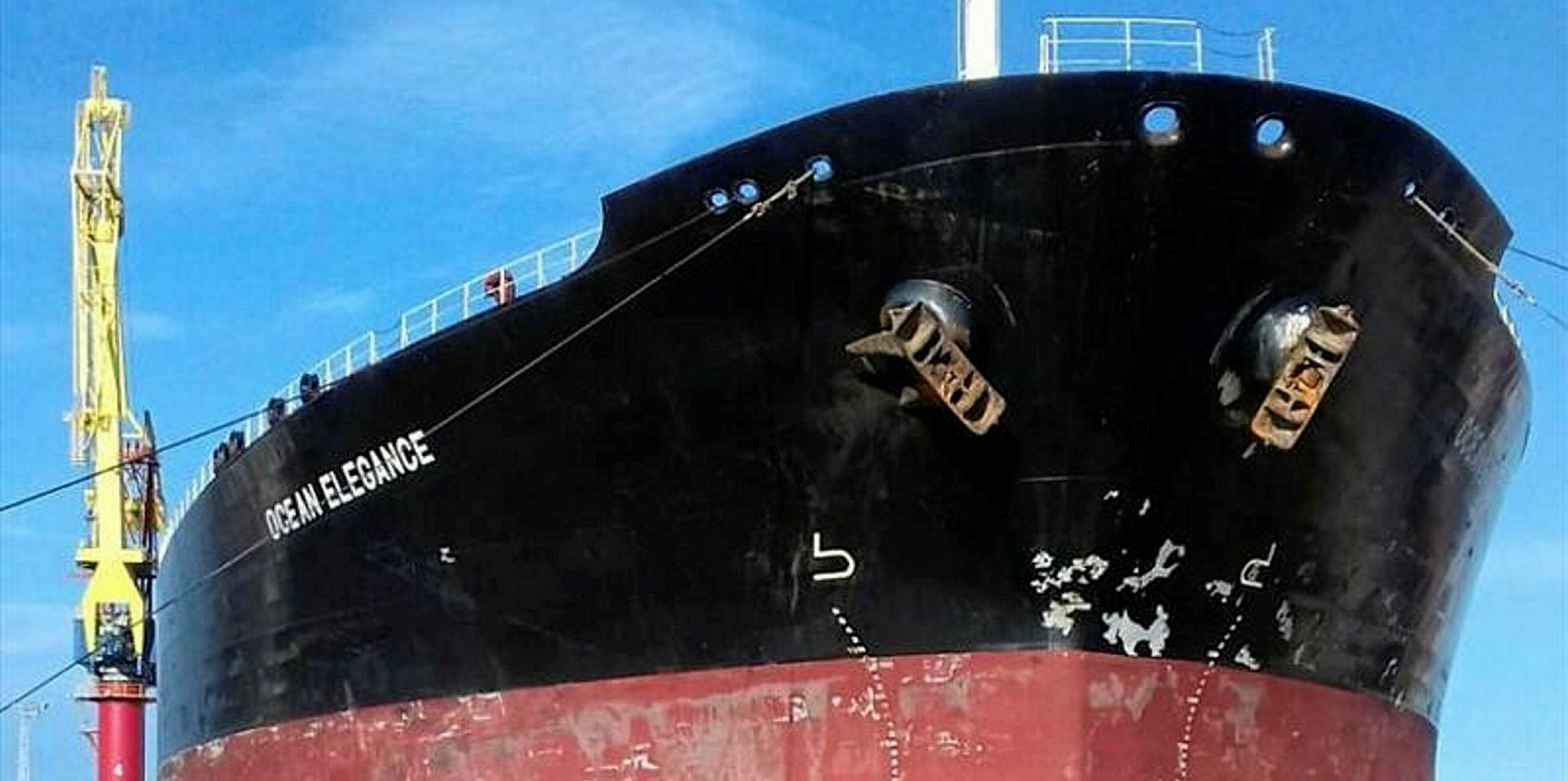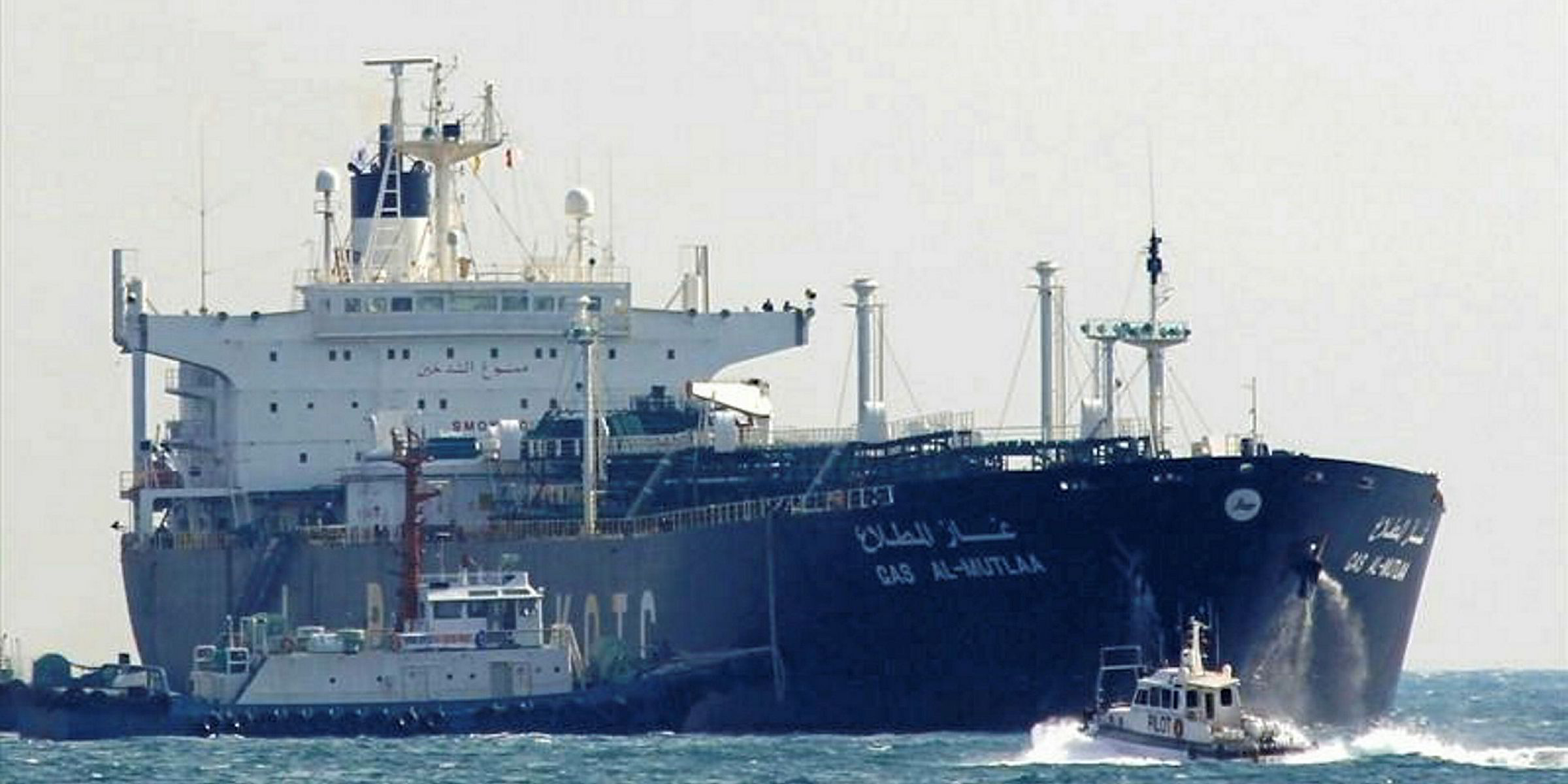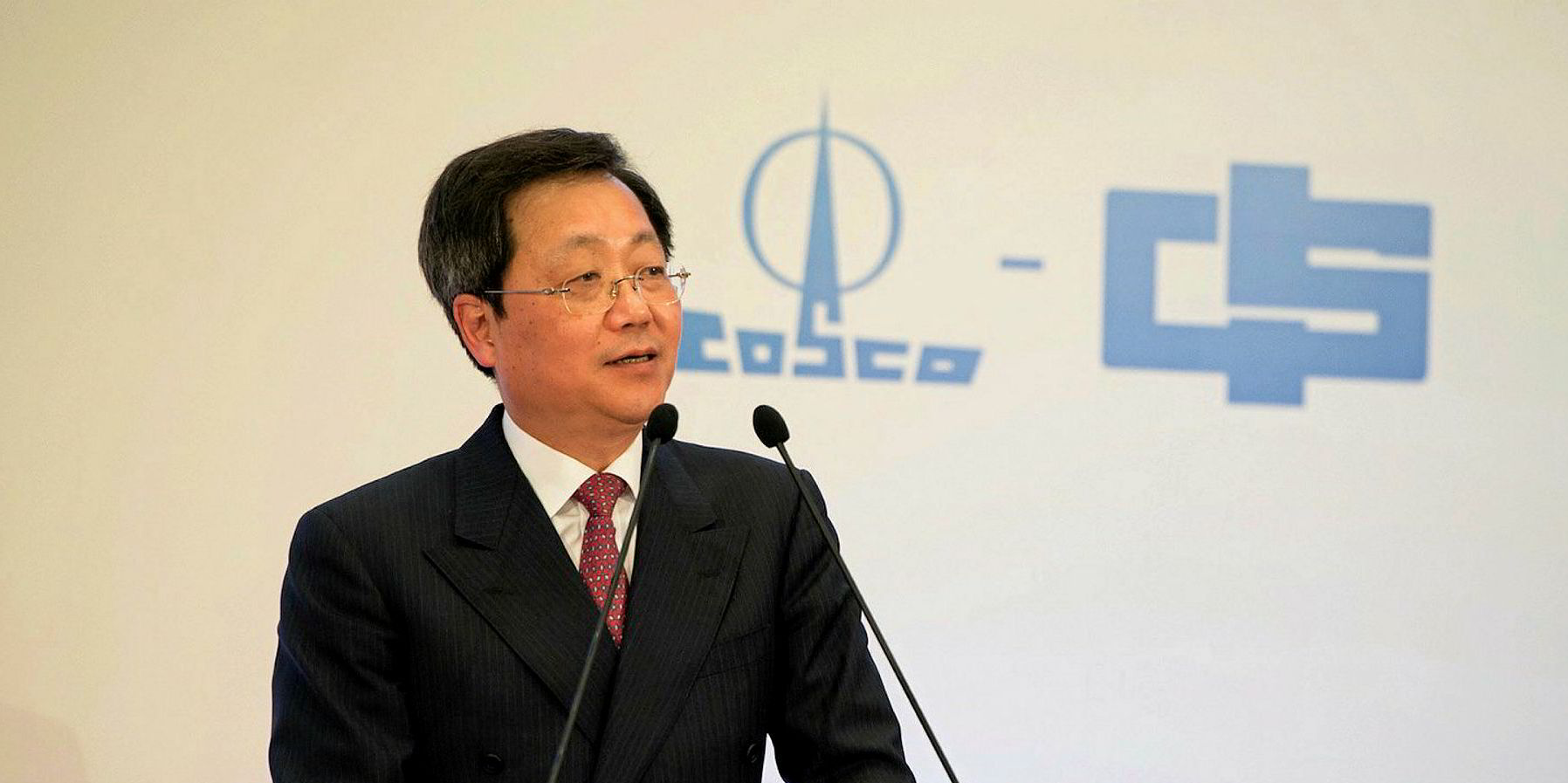The US hopes to warn the shipping industry that “no company is too big to fail” by putting two offshoots of China Cosco Shipping on the sanctions list, according to a senior official from the State Department.
On 25 September, Cosco Shipping Tanker (Dalian), Cosco Shipping Tanker (Dalian) Seaman & Ship Management, four other Chinese firms and five individuals became Washington’s Specially Designated Nationals (SDN) for allegedly transporting Iranian oil.
“This is one of the largest sanction actions the US has taken against entities or individuals,” said David Peyman, deputy assistant secretary of state for counter threat finance and sanctions.
The move has had strong repercussions in the shipping industry, with many industry players forced to review their business links to Cosco Shipping, one of the world’s largest shipping conglomerates by asset size.
Admitting that many in shipping felt “shock and awe”, Peyman told a media roundtable in London: “We intend to fully enforce our sanctions.”
“No company is too big to be sanctioned, and no company is too big to fail.”
“It’s also important to know no company in any jurisdiction is safe from US sanctions.”
When asked how the State Department determines which entities should be sanctioned, given the complex corporate structure of Cosco Shipping, ultimately controlled by the Chinese state, Peyman said: “We are looking for the accountability. We follow the evidence, even look for strategic impact.”
“We take a very sophisticated approach to understand in a measured way how the designation could change the activity beyond the designated party.”
In late October, the Treasury Department announced companies would have until 20 December to wind down their dealing with Cosco Shipping Tanker (Dalian). The Cosco parent group has reportedly been in negotiation with Washington via its legal representatives over the sanctions.
“Sanctions is about the change in behaviours,” said Peyman. “Through the use of that tool, if they change the behaviours and it’s good results, it will hopefully set a good precedent for others in the sector…to learn the lesion for the designation of Cosco.”
Investments for better compliance
Peyman has also called on shipping industry players to enhance their due diligence process even if that could lead to higher compliance costs.
Shipowners, operators, charterers, insurers, financiers, shipmanagers, brokers and other relevant parties all should try to ensure their business activities are not helping the sanctioned dictatorships across the globe to gain revenues by exporting oil and other natural resources, according to Peyman.
“Businesses must invest in appropriate due diligence and compliance programmes. We are under no illusion here that the shipping industry needs to change, and it needs to change quite dramatically and quite significantly,” Peyman said.
According to Peyman, companies may need to hire extra compliance personnel aside from referencing to sanctions databases in due diligence. It is sanctionable to do business with a company not on the SDN list but engaged in sanctioned activities, he warned.
“It’s important to have a comprehensive sanction risk programme that doesn’t only rely on automatic systems,” Peyman said.
“I know it’s costly to invest in due diligence. I know business leaders do not see values added.”
“Unfortunately they will see values added when there are hard costs there, including their businesses potentially going out business because of designation or enforcement action.”
In a recent example, PB Tankers was forced into court protection in June after Washington put the Italian shipowner on the sanctions list for shipping oil between Cuba and Venezuela.
“We are going to continue to robustly and consistently enforce our sanctions,” said Peyman.
“The sooner the industry changes…Those sanctions hopefully will be only targeting the really bad actors who knowingly violate, not those who are taking a less-than-comprehensive due diligence approach to sanctions compliance.”
